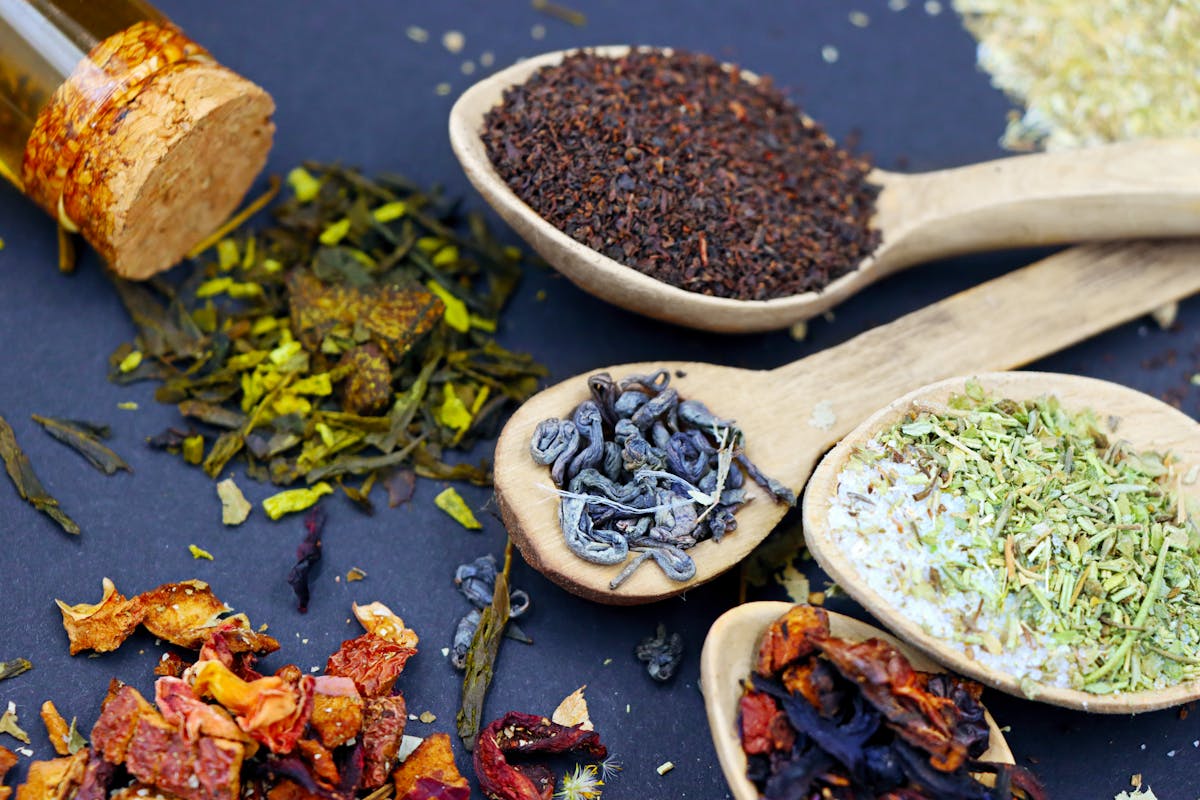What Foods Help with Digestion?
Understanding the types of foods that support digestion is crucial for preserving general health and wellness. A properly working digestive system guarantees that the body efficiently takes in nutrients while reducing any discomfort. This article explores different foods recognized for their positive effects on digestion.
Fiber-Rich Foods
Fiber is a crucial component in promoting digestive health. It comes in two forms: soluble and insoluble.
Soluble fiber mixes with water and is present in foods like oats, beans, apples, and carrots. It aids in controlling blood sugar and lowering cholesterol. By creating a gel-like consistency, it also decelerates digestion, which facilitates improved nutrient uptake.
Insoluble fiber, on the other hand, adds bulk to stools and helps food pass more quickly through the digestive tract. Whole grains, nuts, and vegetables like broccoli are excellent sources of insoluble fiber. Incorporating a balanced mix of both types of fiber is beneficial for maintaining a healthy digestive process.
Foods That Are Fermented
Fermented foods are abundant in beneficial microorganisms, which include live bacteria and yeasts crucial for intestinal well-being. These probiotics support the equilibrium of the gut’s microbiota, promoting digestive health and enhancing the immune system.
Yogurt is likely the best-known fermented product. It has live cultures that may alleviate symptoms of lactose intolerance, boost digestive health, and decrease bloating.
Kefir, a cultured milk beverage, offers a wide variety of probiotic strains. It surpasses yogurt in helping with digestion and enhancing lactose absorption.
Kimchi and sauerkraut are pickled vegetables abundant in probiotics and fiber, which further improve bowel function and nutrient absorption.
Ginger
Ginger has been used for centuries to alleviate digestive problems. It contains a natural compound called gingerol, which enhances gastric motility and accelerates the digestion of food, thereby reducing bloating and discomfort.
Studies have shown that consuming ginger can help reduce nausea and is particularly effective for pregnant women and individuals undergoing chemotherapy. Ginger tea or fresh ginger added to meals can act as a digestive aid.
Peppermint
Peppermint possesses calming effects that ease the muscles within the digestive system. This can be especially helpful for those dealing with irritable bowel syndrome (IBS).
Peppermint oil and peppermint tea are often utilized to relieve discomforts like cramps, bloating, and gas. Clinical research has shown that peppermint oil capsules effectively decrease both the occurrence and intensity of abdominal pain associated with IBS.
Whole Grains
Whole grains are nutrient-dense and rich in fiber, both of which contribute to healthier digestion. Brown rice, quinoa, bulgur, and oatmeal are excellent sources. The high fiber content in these grains aids in regular bowel movements and prevents constipation.
Studies emphasize that whole grains also include resistant starch, which functions as a prebiotic by nourishing beneficial bacteria in the gut. This leads to a more harmonious and efficient digestive system.
Fruits and Vegetables
Some fruits and vegetables possess unique characteristics that aid in digestion. For example, papaya contains an enzyme known as papain that assists in breaking down proteins.
Pineapple contains bromelain, an enzyme that contributes to the decomposition of proteins and may assist in alleviating digestive discomfort.
Beets boost bile production and might aid in breaking down fats during digestion. Additionally, their fiber assists in maintaining regular bowel movements.
Incorporating a variety of fruits and vegetables guarantees that the body gets sufficient vitamins, minerals, and additional nutrients crucial for maintaining ideal digestive health.
Reflecting on the numerous dietary choices available, it is evident that including an assortment of these digestion-friendly foods can result in notable enhancements in digestive well-being. By learning about and selecting foods that aid your digestive system, you establish a basis for improved general health and energy.





